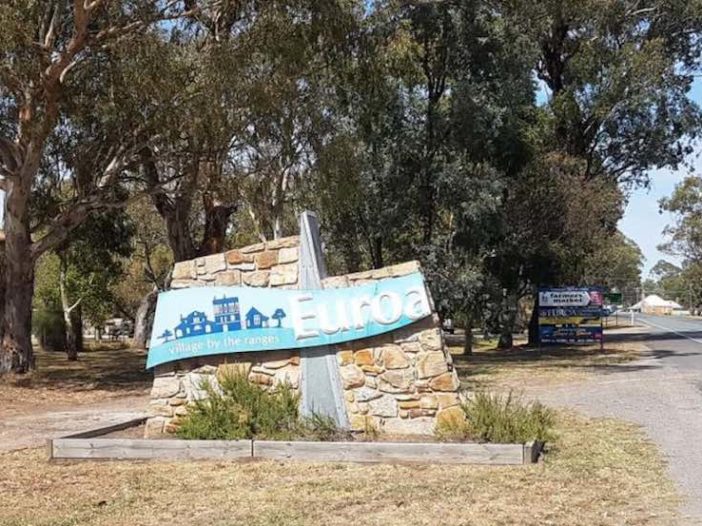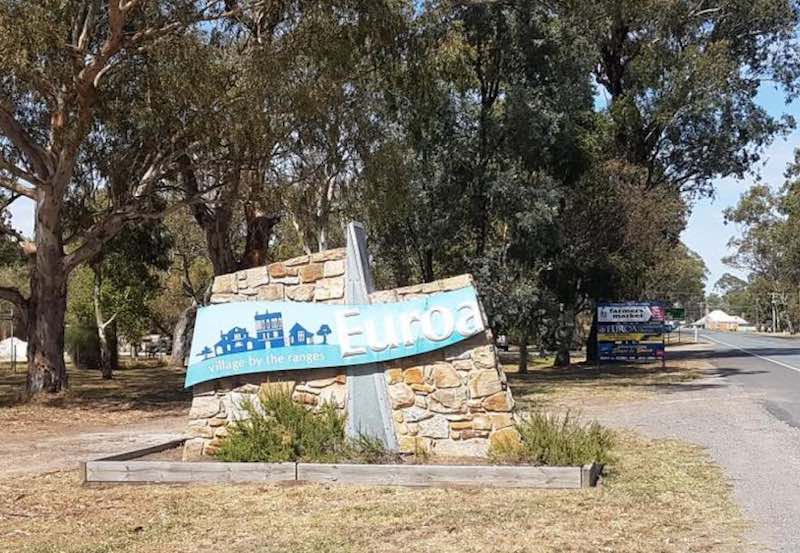

The north-eastern Victorian town of Euroa has become the latest regional centre to turn to locally generated and stored solar power to shore up its electricity supply, and reduce demand from the grid.
Led by local collective Euroa Environment Group, the town – which is described by locals as being “at the end of the (network) line” – said last week it was going ahead with a $6 million microgrid project to install 589kW of solar PV and up to 400kWh of battery storage.
In a statement last week, EEG said the project – which has been backed by a $680,000 state government grant as part of its Microgrid Demonstration Initiative – aimed to help avoid summer blackouts which it says have “plagued” the country town in recent years.
Partnering EEG in the project is Mondo Power – the subsidiary of network operator AusNet Services formed to facilitate precisely such community grid projects as this – upstart retailer Globird Energy, and 14 local Euroa businesses.
The owner of one of those businesses and president of EEG, Shirley Saywell, said the town had gone down this path to reduce its reliance on coal and help drive change at a time where national political leadership was lacking.
“We believe that unfortunately we’re not getting good leadership from our federal politicians, and I believe it’s up to grassroots organisations to drive the renewables charge,” Saywell said.
“There’s no one simple answer to coal, and I think that’s not well understood.”
“Leadership is coming from groups like ours because we understand there is a range of solutions, and there’s not one simple solution. It’s about being clever about what’s available to us,” she said.
“We are on the end of the line and in times of peak demand, our power is really under stress,” Saywell added, in comments to the ABC.
“This microgrid within another microgrid will give us the opportunity to generate power locally, store power locally and share power locally. It’s the town making itself more resilient in these times of uncertainty.
“There’s been stories about how complicated renewables are, and I see my role as showing people that it shouldn’t be as complicated as it’s made out to be.”
State member for Northern Victoria, Jaclyn Symes, said the project was as much about revitalising rural economies as it was about making energy cheaper and cleaner.
“This initiative will demonstrate how a microgrid can operate in country Victoria and provide economic benefits to the Euroa community,” she said.
“What we have here in Euroa is an exceptional demonstration of the community, business and environmental groups all working together to not only reduce our energy use, but to secure it through renewables.”
As noted above, Euroa is one of a growing number of towns, not just in Victoria but around Australia, taking their power supply into their own hands.
The nearby Victorian town of Yackandandah has been a pioneer in this, and just last week its own grassroots group Totally Renewable Yackandandah (TRY) launched a new bulk-buy round for both solar and battery storage.
That project, which is also being rolled out in partnership with Mondo Power aims to scale battery ready solar across the area, ahead of plans to “secure financial subsidies” to roll out additional batteries on the local network.
TRY has also been working on plans to launch its own community energy retailer – Indigo Power – to serve electricity customers across the state’s north east.
The Yackandandah community has also piloted two community microgrids – a collaboration between AusNet, Mondo, TRY and the University of Technology Sydney (UTS) and local home owners – and has a third in the ‘pipeline.’
Elsewhere in the state, there is a community-based “smart energy precinct” being developed in Port Fairy, which – as we reported here – aims to reduce energy costs by up to 50 per cent for local businesses and industries.
And in the Latrobe Valley, the state’s centre for coal-fired power generation, the Andrews government last month launched a $3 million grant program to support the development of a renewables based microgrid project.
Separately, Origin Energy last week revealed plans to establish what it says will be Victoria’s largest virtual power plant – a $20 million cloud-based platform that will tap around 5MW of the battery-stored solar power of up to 650 customers during periods of peak power demand.
That project also has the backing of the state Labor government, with $4.5 million in funding announced on Wednesday, as part of its broader investment in microgrid technology in the state.

Sophie is editor of One Step Off The Grid and editor of its sister site, Renew Economy. Sophie has been writing about clean energy for more than a decade.

